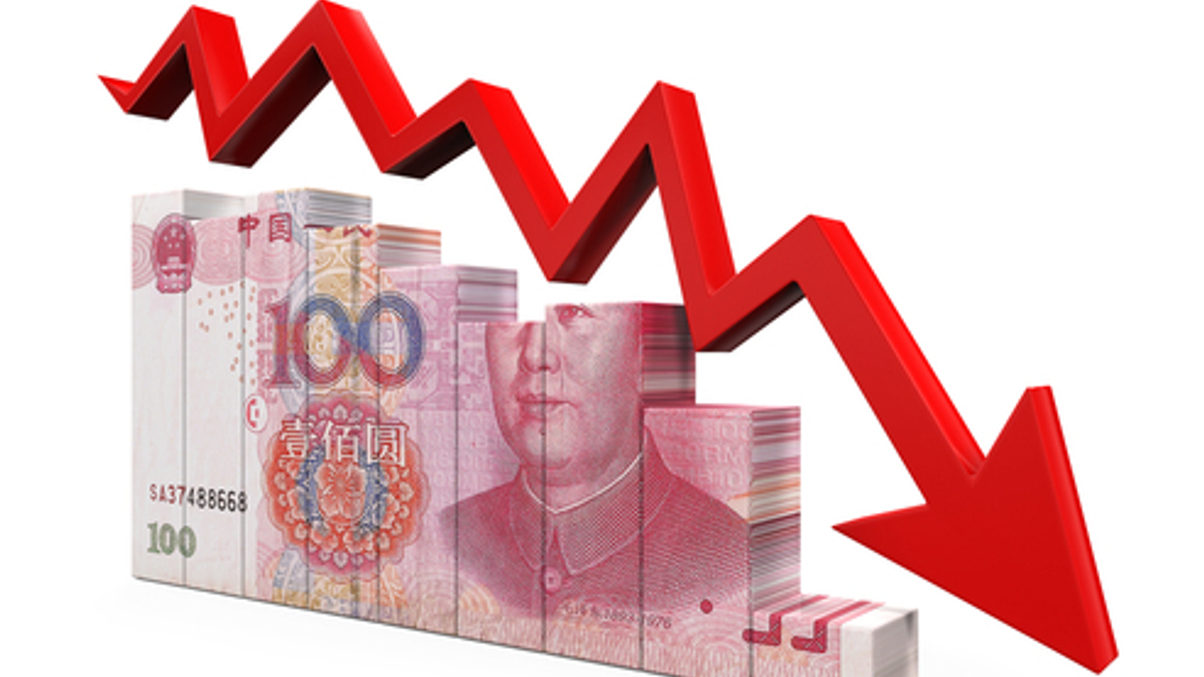RMB plunge spotlights key risks for global investors
The Chinese currency's breaching of a key level against the dollar has sparked market turmoil and will be posing some tough questions for asset owners.

China's currency weakening beyond 7 to the US dollar on Monday has wide-ranging implications for asset owners globally: it could prompt reviews of investment portfolios and strategies and will lead to greater scrutiny of the risks posed by dollar-yuan moves, experts say.
Sign in to read on!
Registered users get 2 free articles in 30 days.
Subscribers have full unlimited access to AsianInvestor
Not signed up? New users get 2 free articles per month, plus a 7-day unlimited free trial.
¬ Haymarket Media Limited. All rights reserved.


